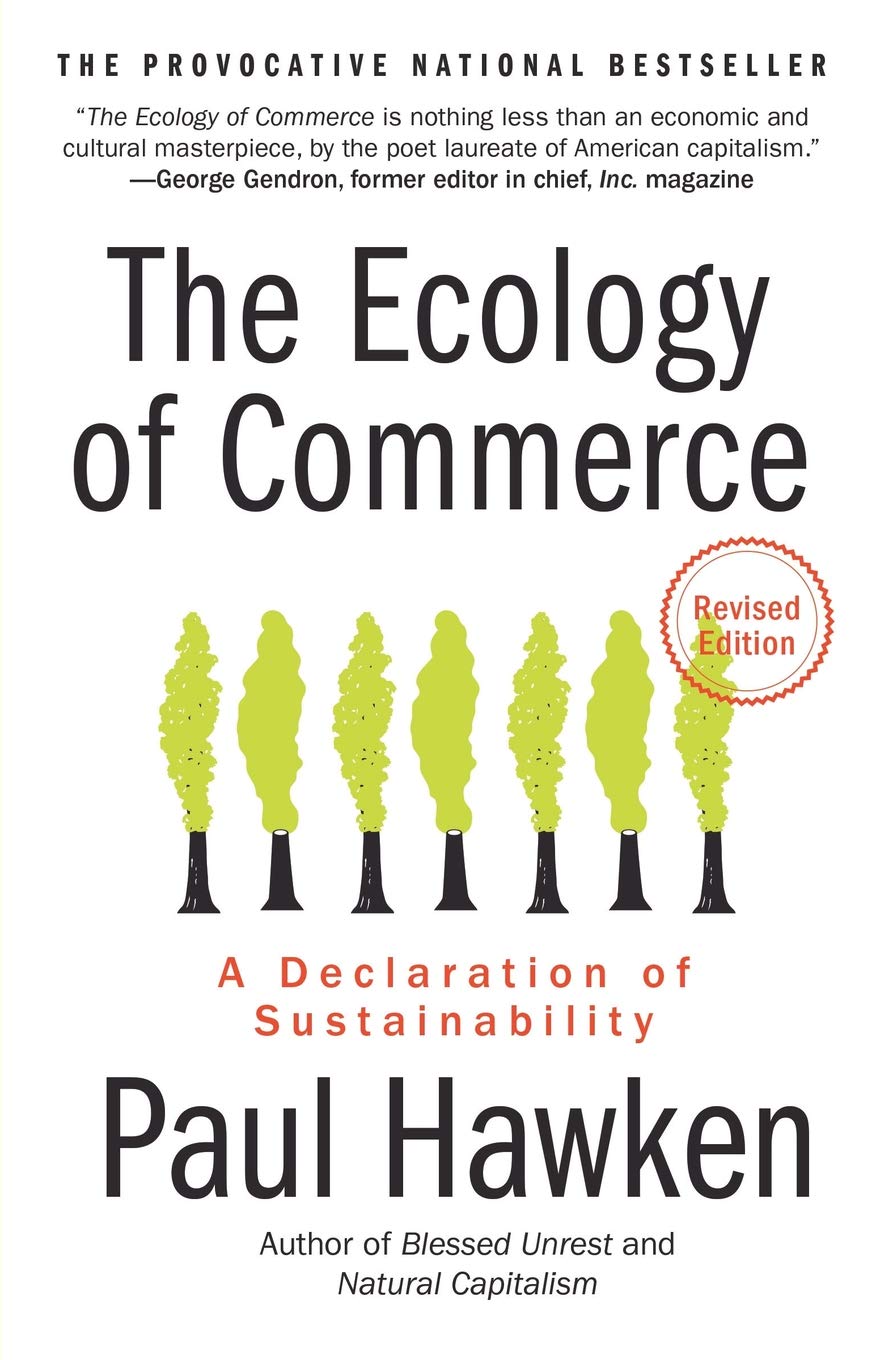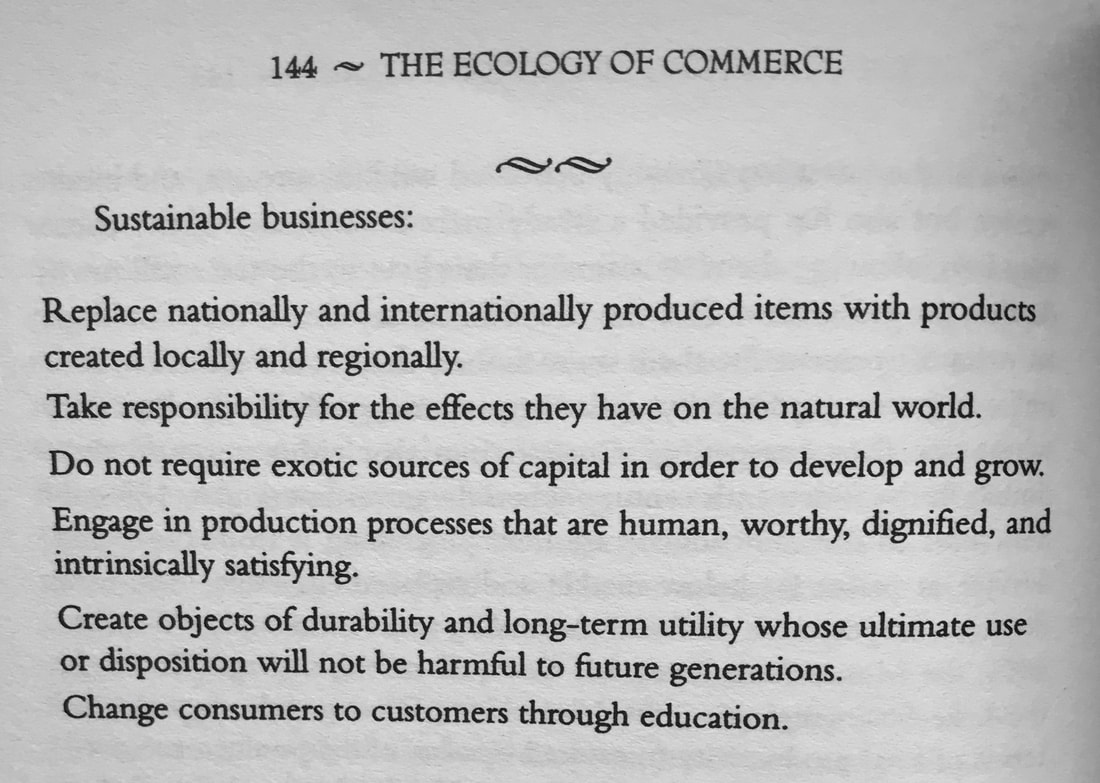BLOG
|
I am a considerate creator
|
|
Archives
August 2020
May 2020
January 2020
December 2019
November 2019
September 2019
August 2019
July 2019
June 2019
May 2019


